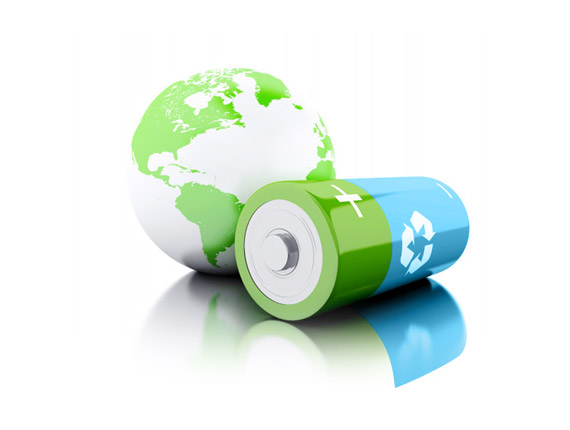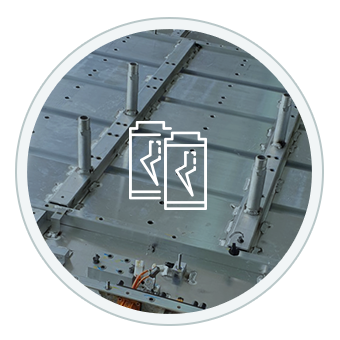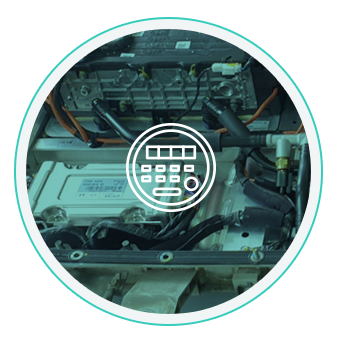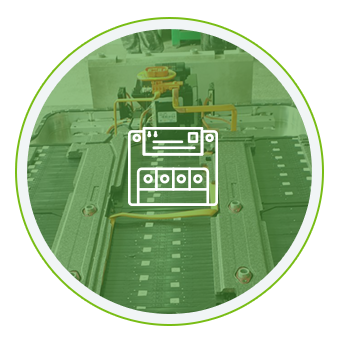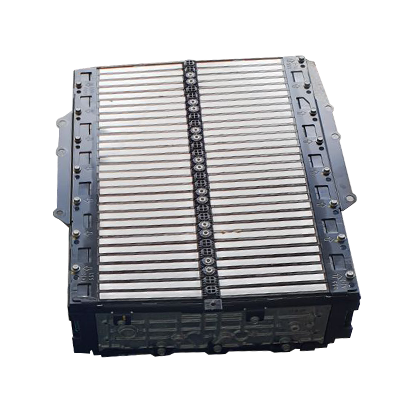For E-Waste Silistra EAD, the protection of your personal information is of the highest
priority. With the present Privacy Notice, we aim to inform you what personal information
we collect from users of the http://ewaste.bg/ website (hereinafter referred to as the
“website”) and of our customers who enter into contract with us.
This notice is not a part of your contract with us. We may anytime update this Notice
informing you in due course. Please read it carefully because it provides important
information about how and why we use your personal data, with whom we share it, and
what your rights are regarding the processing of your data.
- About us
E-Waste Silistra EAD is entered in the Commercial Register of the Registry Agency with UIC
BG203845674 and address: 1, Feribotna str. 7500 Silistra, Bulgaria.
According to the General Data Protection Regulation (GDPR), we act as a Personal Data
Administrator when we collect, store and use your personal data when you visit our website
or for the purposes of design, delivery and installation or other services provided by us.
Some of the services may be provided by our subsidiaries, and this Privacy Notice on how
we use customer data under contracts should also apply to all subsidiaries of E-Waste
Silistra EAD.
- What personal data do we collect?
If you send us an inquiry, we will store your names, correspondence address and the
contents of the correspondence.
If you contract with us, we will need to collect and store certain categories of personal
information about you, including:
- Three names;
- Contact details: telephone number and e-mail address;
- Terms of the concluded contracts, acquired rights and obligations;
- Data related to contract performance – e.g. data on the real estate on which the
design, delivery and installation will be carried out (if it is personal property); power
of attorney (if such is given to you to represent to regulatory authorities); reporting
and more contract implementation documents (e.g. building permits, acceptance
protocols, reports, others); correspondence between client and contractor, incl.
requests, opinions, feedback;
- Grounds for and objectives of the data processing
We collect and process your personal data only when permitted by law on the basis of the
conclusion and performance of our contract with you and compliance with legal obligations.
We process your personal data for the following reasons:
- concluding, executing and managing of services and products we provide;
- customer registration and enrollment;
- compliance with accounting requirements and other applicable law;
- communication;
- providing high quality services;
- protection and control of company assets, including the establishment, exercise and
defense of legal claims.
With your explicit consent, we may use your contact information to send you marketing
messages about our services or offers. You can withdraw your consent at any time and
refuse to receive newsletters by clicking the unsubscribe link in the emails we send.
- If you do not provide us with the information we require?
Failure to provide the personal information you request may prevent us from entering into
or executing our contract with you or complying with a legal requirement (for example,
accounting). Your refusal to provide the necessary information for the performance of our
rights and obligations under the contract may cause it not to be concluded or to terminate
it. The provision of data for direct marketing purposes is entirely voluntary and no adverse
consequences will follow for you if you choose not to take advantage of this offer.
- Automated decision making
E-Waste Silistra EAD does not make decisions by fully automated systems/processes in the
processing of your personal data and does not use them to profile you.
- Data Sharing
The E-Waste Silistra EAD maintains the confidentiality of your personal information and
does not disclose your personal information to third parties, except with your consent and
in duly permitted cases. We may disclose your personal information to third parties when
required by law (e.g. with the NRA and other control bodies), when you have specifically
authorized / authorized us to do so, or when disclosure is required to fulfill our contract
with You. With security and control measures in place, we may share your personal
information with our service providers (e.g. server, information and technical services,
accounting services) or with other companies within our corporate group. If necessary,
personal data may also be disclosed when we have another legitimate interest in it – e.g. to
protect our legal rights and interests, property and safety, as well as those of our
employees, customers or third parties.
If you carry out project activities outside the European Union / European Economic Area, we
may need to share your information with these third parties in compliance with the legal
requirements for protecting your data and on the basis of the need for a transfer to fulfill
our contract with you.
- Data retention period
We store your personal data for no longer than it is necessary to achieve the specific
processing goals (including accounting and reporting), and then securely destroy them. We
store your personal data for a period of 5 years from 1 January of the accounting year
following the year in which the contract is terminated or its rights expire (including
warranty). Where a right of use or right of construction is established, the period shall run
from the year in which the asset is lost or sold or the term of the established right has
expired.
- Security measures
Your data is stored under technical and organizational measures that guarantee their
protection, including storage of paper copies in cabinets with restricted access, use of
encrypted electronic databases on secure servers, technical, software and antivirus
protection, security for communications and computer networks, limited access to data only
to authorized and trained employees, personal data protection policies and security
procedures, which we regularly review and revise as necessary.
- What are your rights?
You have certain rights in relation to your personal data, including:
- Withdrawal of consent: You have the right to withdraw your consent at any time if
you have given it to process your data for a specific purpose, without prejudice to
the processing to date. When you consent to direct marketing purposes, you may
opt out of receiving newsletters at any time by clicking the unsubscribe link in the
emails we send.
- Access to information: This right enables you to obtain a copy of the personal data
we hold about you as well as information related to the processing.
- Correction: This right allows you to ask us to correct any incomplete or inaccurate
information about you. We ask that you notify us in a timely manner when changing
your personal information.
- Delete: This right allows you to request us to delete your personal data when we
have no valid reason to continue processing them, e.g. if the purpose for which the
data was collected is achieved, or if you have withdrawn your agreement. If the legal
requirements are met, we will delete your personal data within 1 month, unless we
have a legal obligation to continue processing them or retain the data necessary to
establish, exercise or defend legal claims.
- Objection to processing: You have the right to object when processing is for direct
marketing purposes or your data is processed for statistical purposes.
- Restriction of processing: this right allows you to request us to temporarily suspend
the processing of your personal data, for example, if you wish to determine the
accuracy of the data or the reasons for its processing.
- Data portability: this right is limited to cases where data is processed automatically
and provided to you by your consent or for the purpose of executing a contract,
enabling you to require us to provide your electronically stored data from you or a
third party.
- Right to complain: If you believe that any of your rights have been violated, you have
the right to file a complaint with us and / or the supervisory authority of the
Personal Data Protection Commission – https://www.cpdp.bg/.
- Contact details
For questions regarding this policy or if you wish to exercise any of your rights in accordance
with the procedure outlined above, you can contact us by email: office@ewaste.bg, or at
the following address: 1, Feribotna str. 7500 Silistra, Bulgaria.
Additional information about E-Waste Silistra EAD can be found on our web site: www.ewaste.bg
